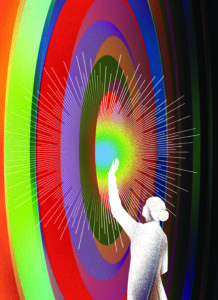Memory aid

Stanford researchers have found that blood from newborn humans can rejuvenate learning and memory in aged mice, a discovery that could lead to new treatments for age-associated declines in mental ability.
“To me it’s remarkable that something in your blood can influence the way you think,” says the study’s senior author, Tony Wyss-Coray, PhD, professor of neurology and neurological sciences.
The study marks the first demonstration that human plasma can aid older mice’s memory and learning. Wyss-Coray says this finding seems to increase the likelihood it could have a similar beneficial effect in people.
When researchers injected older mice with human umbilical-cord blood plasma every fourth day for two weeks, the mice’s memory — measured by their negotiation of a maze — improved notably. Plasma from older people didn’t help at all, while young-adult plasma induced an intermediate effect.
The researchers then searched the plasma for proteins that the two species share and whose levels change similarly with age. A protein known as TIMP2 caught their attention. When they injected TIMP2 by itself into elderly mice, they found it largely duplicated the beneficial effects of umbilical-cord plasma.
That a single protein appears largely capable of benefiting memory suggests it may be possible to develop a drug for age-associated mental decline.
The study was published online April 19, 2017, in Nature.
